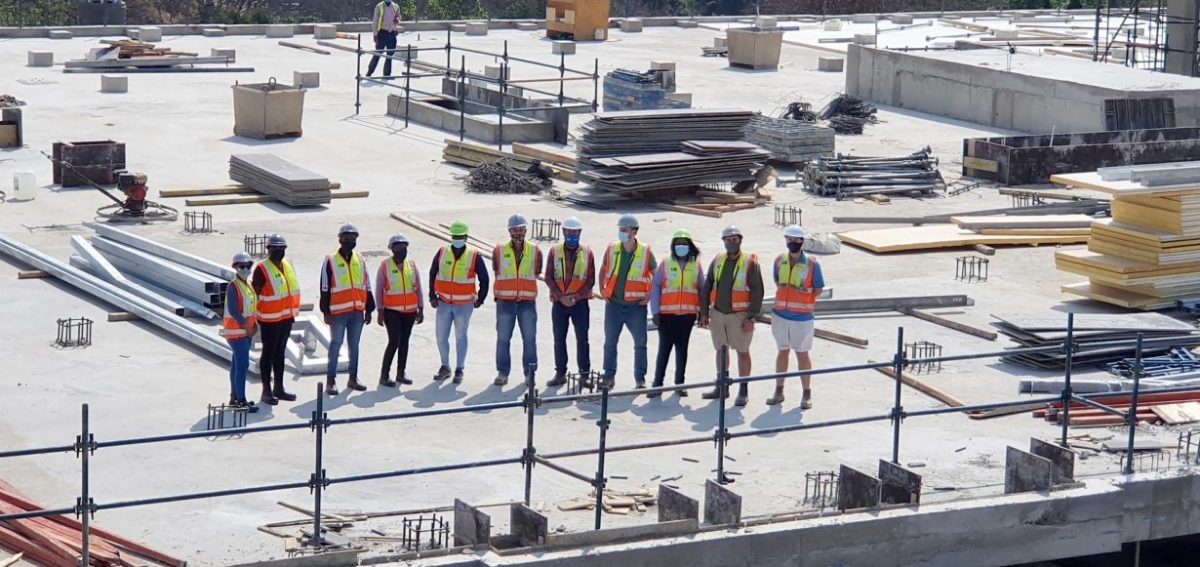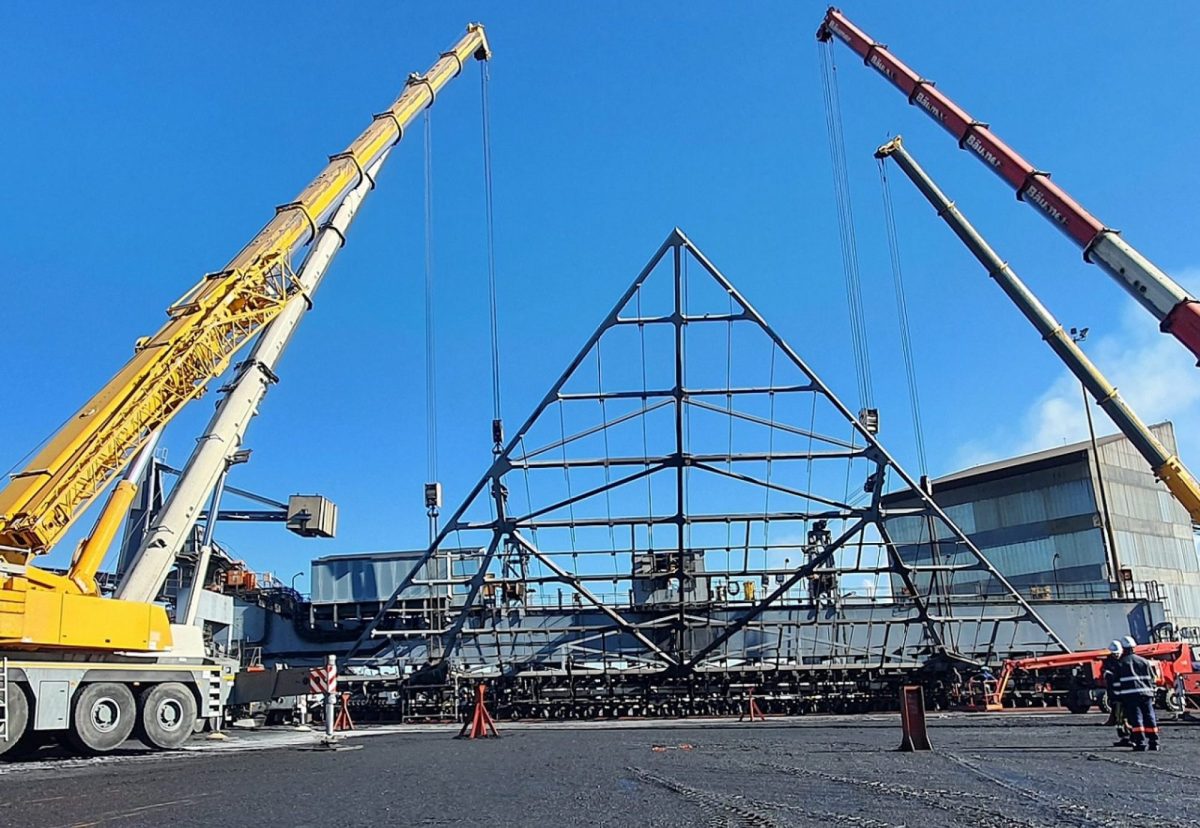
Global studies show that Covid-19 is probably not going to go away any time soon, and as South Africa slowly starts to emerge from one of the most stringent lockdowns in the world, businesses are encountering a radically transformed working landscape geared around remote working, social distancing and reduced commuting.
For the construction industry, this presents a plethora of opportunities, according to Databuild CEO Morag Evans.
“Now that the world has embraced remote working, there’s a very real possibility that the demand for office space will drastically decline or even become obsolete,” she says.
“Rather than allow these buildings to become derelict over the long term, construction industry role players should consider ways to repurpose these buildings so that they can be just as functional in the post-lockdown environment.
“For example, education and training centres that comply with social distancing regulations will be in high demand once the economy has fully reopened,” Evans predicts.
“Large corporate buildings are ideally suited to this purpose, and the work needed to refurbish and redesign these interiors will generate numerous jobs for both large and small professionals and contractors.”
When it comes to construction sites, Evans says project managers will need to start thinking of innovative ways to minimise the number of people on sites to meet social distancing requirements, while ensuring that project milestones and timelines are met.
“This is where technology, which up until now the construction industry has been slow to adopt, can play an increasingly beneficial role.
“Many architects have started utilising virtual reality headsets which enable clients to view and experience a site or envisaged building as if they were actually standing there.
“Once construction work begins, progress can be filmed using action cameras and the footage uploaded to video conferencing platforms for remote viewing by relevant parties. This would eliminate the need for time-consuming site meetings and facilitate social distancing.”
“The same technology would also help to streamline South Africa’s clumsy and protracted tender process, and accelerate the awarding of tenders,” Evans adds.
The construction industry may be returning to work in level 3 lockdown, but it won’t be work as stakeholders know it.
“There is no doubt that they will have to drastically change the way they operate in order to survive, and companies that are quick to adapt to the ‘new working normal’ and adopt the use of technology will have a significant edge over their competitors in the months to come,” Evans concludes.
More news
- CELEBRATING EXCELLENCE IN THE RESIDENTIAL PROPERTY SECTOR
- PART 4: GIBS PANEL DISCUSSES INTEMEDIATE CITIES ROLE IN AFRICA’S DEVELOPMENT
- EXPOSED AGGREGATE PAVERS COMPLEMENT NEW LIFESTYLE CENTRE
- GIBS PANEL EXPLORES ROLE OF INTERMEDIATE CITIES IN SA’S DEVELOPMENT PART 3
- CITI-CON’S CONCRETE KNOWLEDGE SUCCESSFULLY DEPLOYED ON NEW LANDMARK DEVELOPMENT




